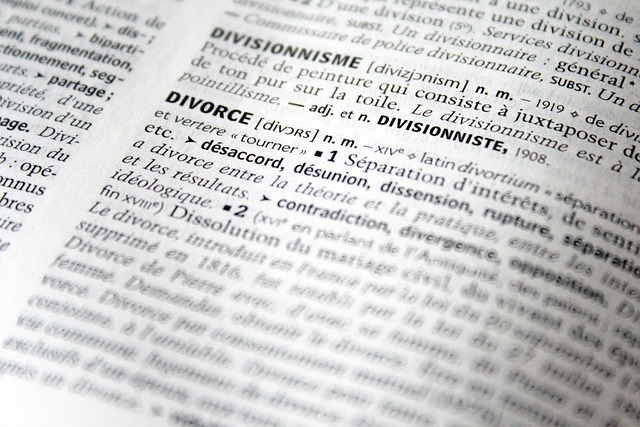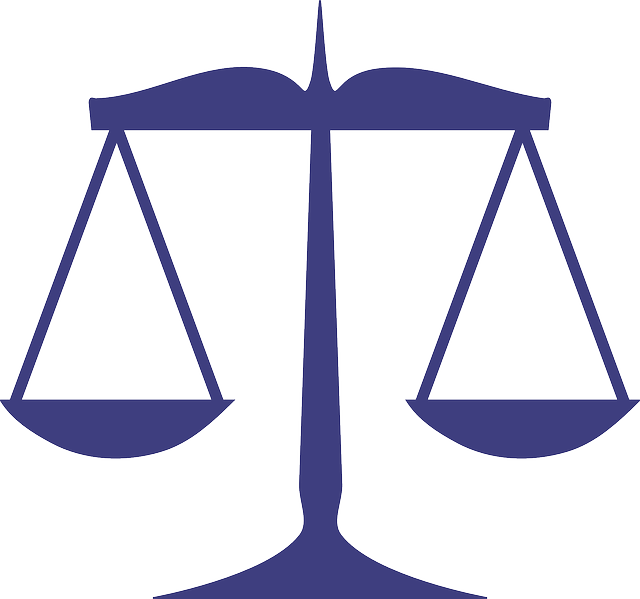RF Regulatory Agencies oversee RF standards and regulations in wireless communications, addressing interference, safety, and economic crimes through investigations and enforcement. They play a key role in resolving complex joint property ownership conflicts, including spectrum allocation and license management. Their investigation process involves evidence gathering from document reviews, interviews, and site visits to build strong cases against alleged offenders. By facilitating mediation and negotiation, these agencies offer specialized approaches to amicably settle disputes, avoiding costly legal battles. Preventive measures like clear agreements and regular documentation can significantly reduce the risk of regulatory interventions or legal issues.
RF Regulatory Agency investigations play a pivotal role in resolving joint property ownership conflicts, ensuring compliance with radiation safety standards. This article delves into the intricacies of these inquiries, offering insights on understanding agency authority, identifying dispute origins, and navigating the investigation process. From evidence gathering techniques to conflict resolution strategies, it explores how agencies intervene. Additionally, practical preventive measures are highlighted to mitigate future joint property ownership disputes, emphasizing proactive approaches for seamless regulatory adherence.
- Understanding RF Regulatory Agency Authority
- Identifying Joint Property Ownership Disputes
- Investigation Process: Evidence Gathering
- Resolving Conflicts Through Agency Intervention
- Preventive Measures for Future Conflicts
Understanding RF Regulatory Agency Authority

RF Regulatory Agencies possess a multifaceted authority to ensure compliance with radio frequency (RF) standards and regulations. Their role is pivotal in navigating the complex landscape of wireless communications, where technology advances rapidly. These agencies are tasked with investigating various issues, including but not limited to, RF interference, safety concerns, and even white-collar crimes related to economic regulations.
In addressing these matters, they employ all stages of the investigative and enforcement process, from initial complaint resolution to legal proceedings. Resolving joint property ownership conflicts is a significant aspect of their work, as it involves intricate issues of spectrum allocation, license management, and potential white-collar defense strategies employed by stakeholders. Understanding the agency’s authority is crucial for businesses and individuals to ensure compliance, foster innovation, and protect against unfair practices in this dynamic sector.
Identifying Joint Property Ownership Disputes

Identifying Joint Property Ownership Disputes requires a meticulous approach, especially in cases where multiple parties claim ownership. RF Regulatory Agency Investigations often uncover such conflicts during their inquiries, highlighting the need for clear and concise resolution methods. These disputes can arise from various factors, including historical transfers, ambiguous agreements, or even unforeseen changes in legal frameworks.
When addressing Resolving Joint Property Ownership Conflicts, an unprecedented track record of successful defenses is a testament to effective strategies. Legal professionals with expertise in this domain can navigate these complex situations, ensuring fair outcomes for all respective businesses involved. Their winning challenging defense verdicts demonstrate a deep understanding of the law and an ability to present compelling arguments, which are crucial in such delicate matters.
Investigation Process: Evidence Gathering

The Investigation Process: Evidence Gathering plays a pivotal role in RF Regulatory Agency inquiries, particularly when addressing complex matters like Resolving Joint Property Ownership Conflicts. This phase involves meticulous steps to uncover relevant facts and evidence. Investigators employ various techniques, such as document reviews, interviews, and site visits, to gather comprehensive insights into alleged violations or disputes. By sifting through financial records, communication logs, and other documents, they can trace transactions, identify parties involved, and establish patterns of behavior.
This methodical approach ensures that all stages of the investigative and enforcement process are thoroughly documented, which is crucial for subsequent legal proceedings, including potential white collar and economic crimes cases. The evidence gathered during this stage forms the backbone of the agency’s case, often leading to successful jury trials where alleged offenders face accountability for their actions.
Resolving Conflicts Through Agency Intervention

In cases of joint property ownership conflicts, where multiple parties lay claim to a single asset, RF Regulatory Agency interventions play a pivotal role in resolving disputes amicably. These agencies are equipped with the legal expertise and regulatory power to navigate intricate matters of property rights, ensuring fairness and justice for all involved. When faced with such conflicts, seeking agency intervention can prove invaluable, as it offers a specialized approach to dispute resolution.
The process often involves mediation and negotiation strategies tailored to the unique circumstances of each case. Through these methods, agencies facilitate open communication between disputing parties, helping them reach mutually agreeable solutions. Moreover, their involvement can lead to achieving extraordinary results, such as the complete dismissal of all charges or reaching alternative resolutions that satisfy everyone involved, thereby avoiding lengthy and costly legal battles in general criminal defense cases.
Preventive Measures for Future Conflicts

To prevent future conflicts, especially regarding complex issues like resolving joint property ownership disputes, proactive measures are essential. RF Regulatory Agency investigations often uncover unique challenges and complexities that require tailored strategies. One key approach is to establish clear agreements and communication channels from the outset, ensuring all parties involved understand their rights and responsibilities. This includes comprehensive property ownership documentation and regular check-ins to address any emerging issues promptly.
By implementing these preventive measures, individuals and businesses can significantly reduce the risk of regulatory interventions or legal battles. The goal is to foster an environment where disputes are resolved amicably, avoiding indictment and ensuring a positive outcome. An unprecedented track record of successful dispute resolution can be achieved through proactive engagement and clear governance structures, ultimately streamlining processes and maintaining harmonious relationships.
RF Regulatory Agency investigations play a pivotal role in resolving joint property ownership conflicts, ensuring fairness and adherence to legal frameworks. By understanding the authority, process, and available interventions, stakeholders can proactively address disputes. Implementing preventive measures, such as clear communication and well-defined agreements, is essential to avoid future conflicts, fostering a more harmonious environment for all involved parties.






